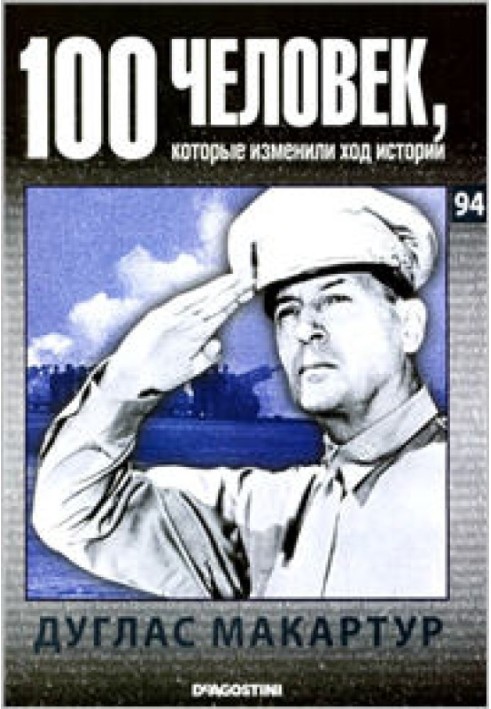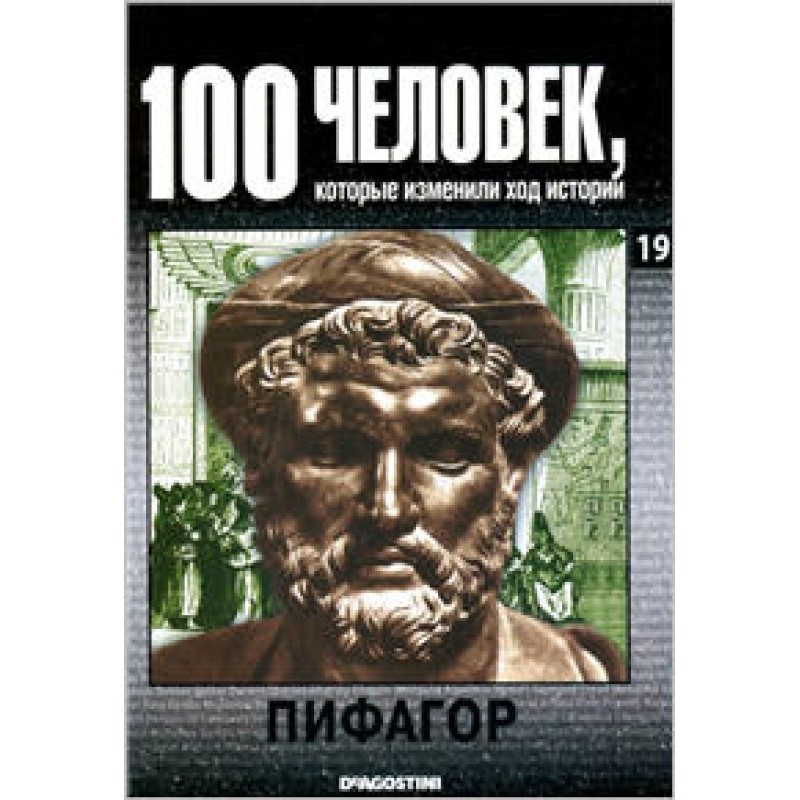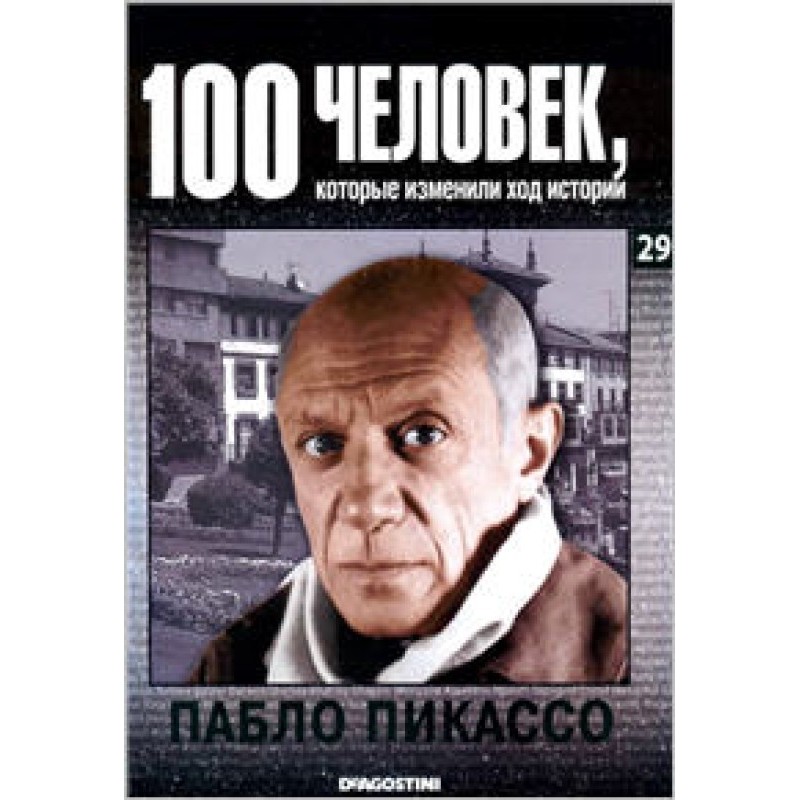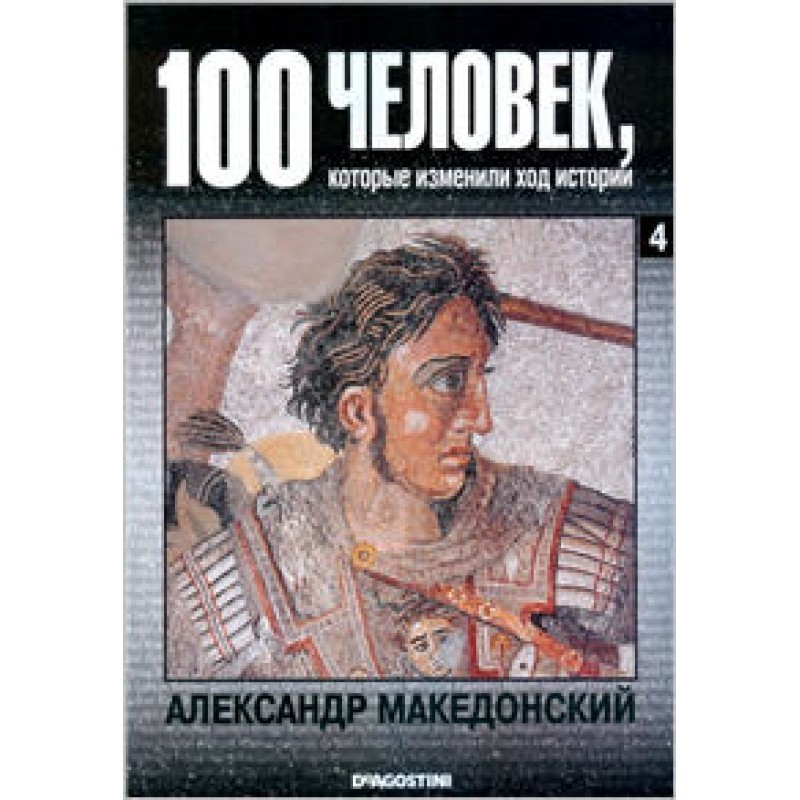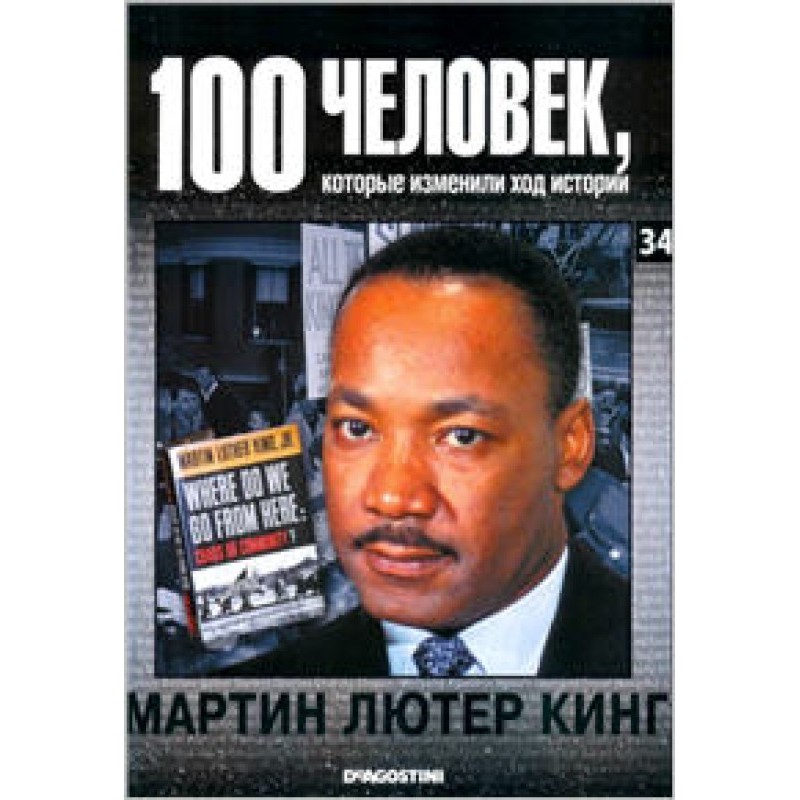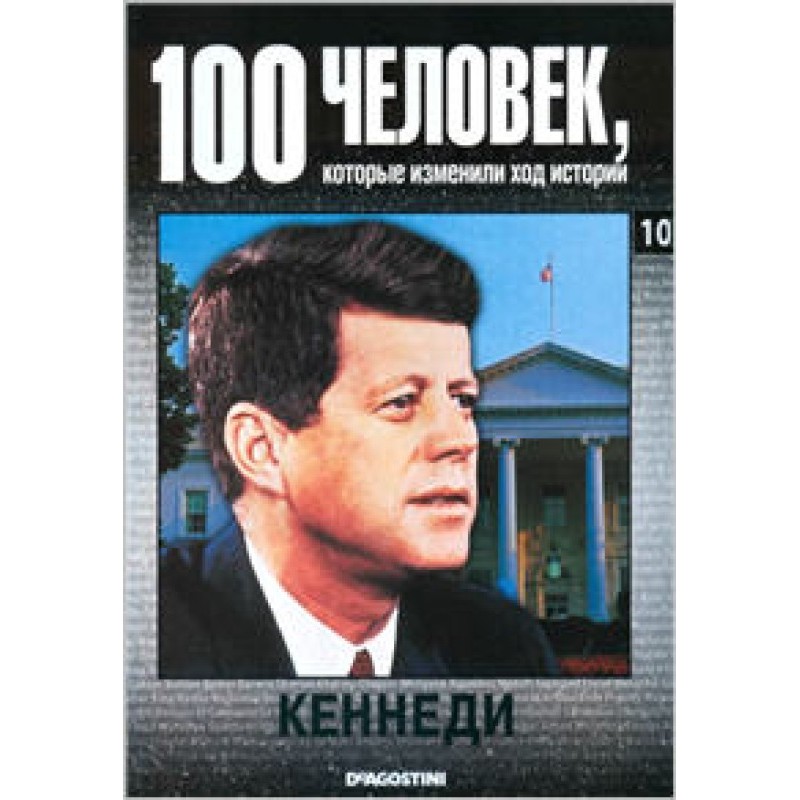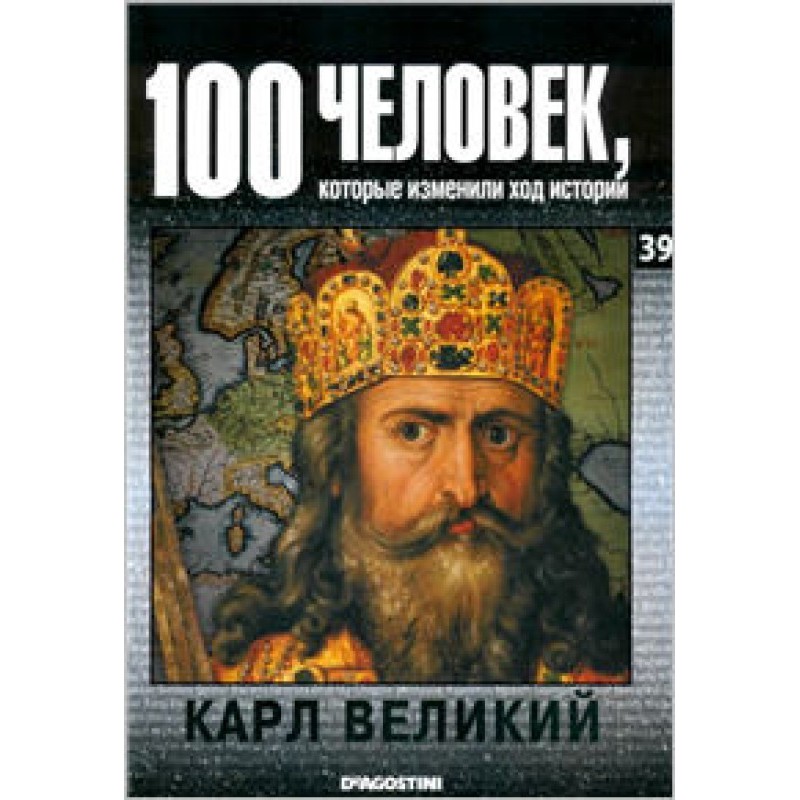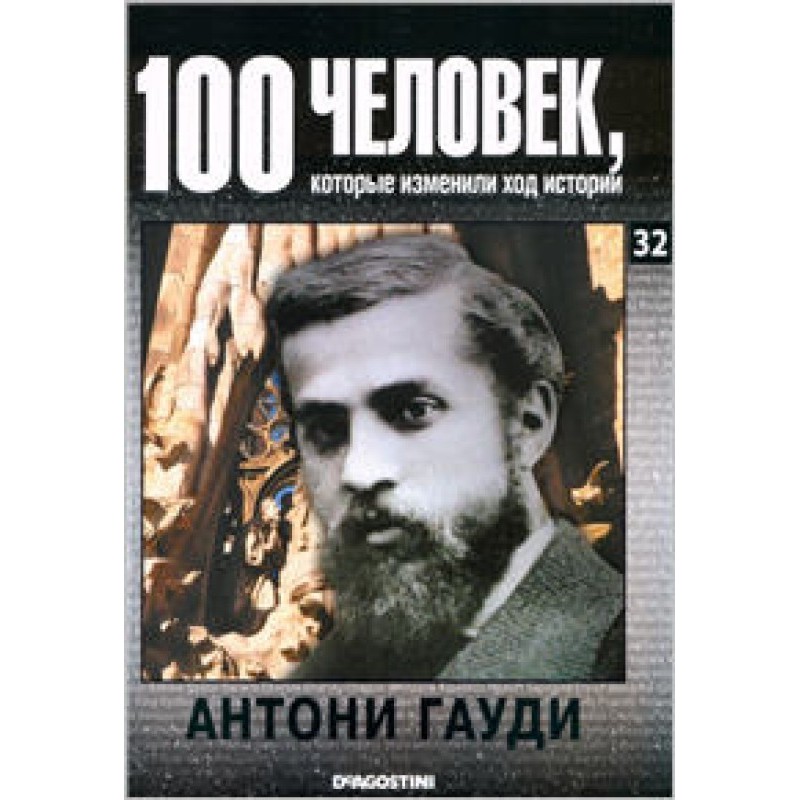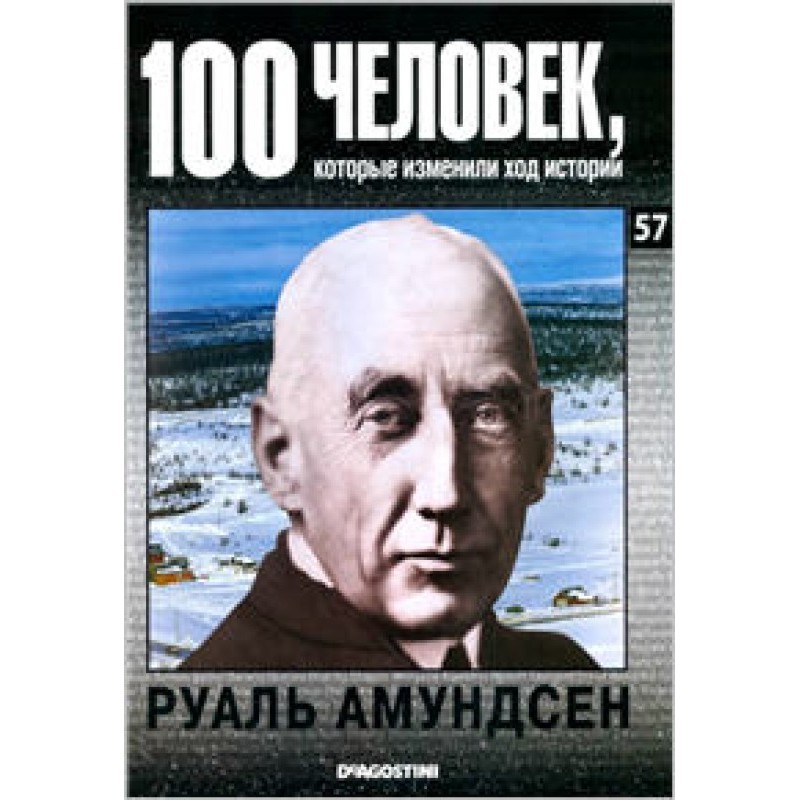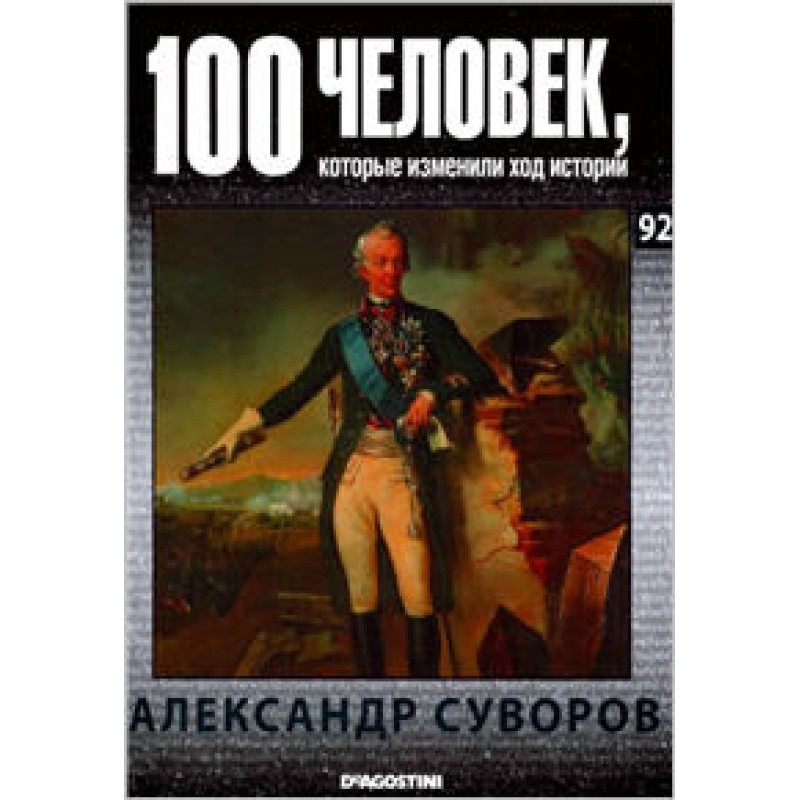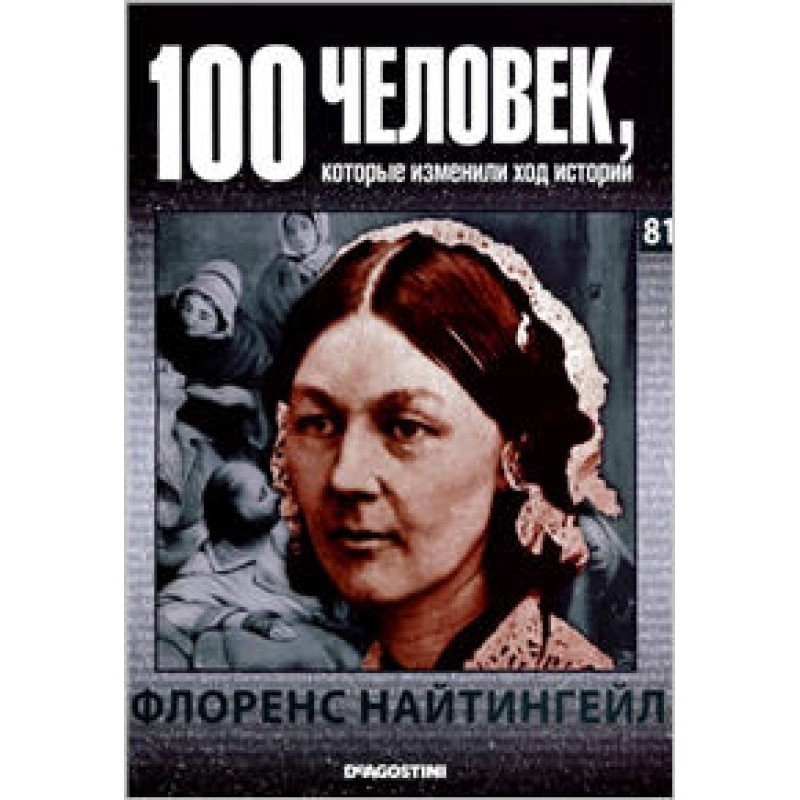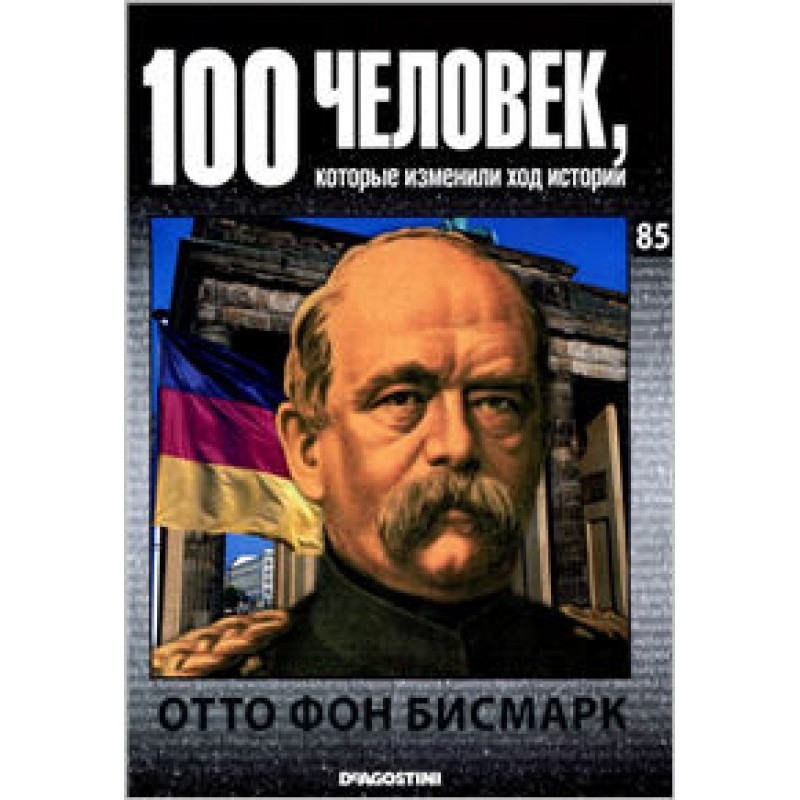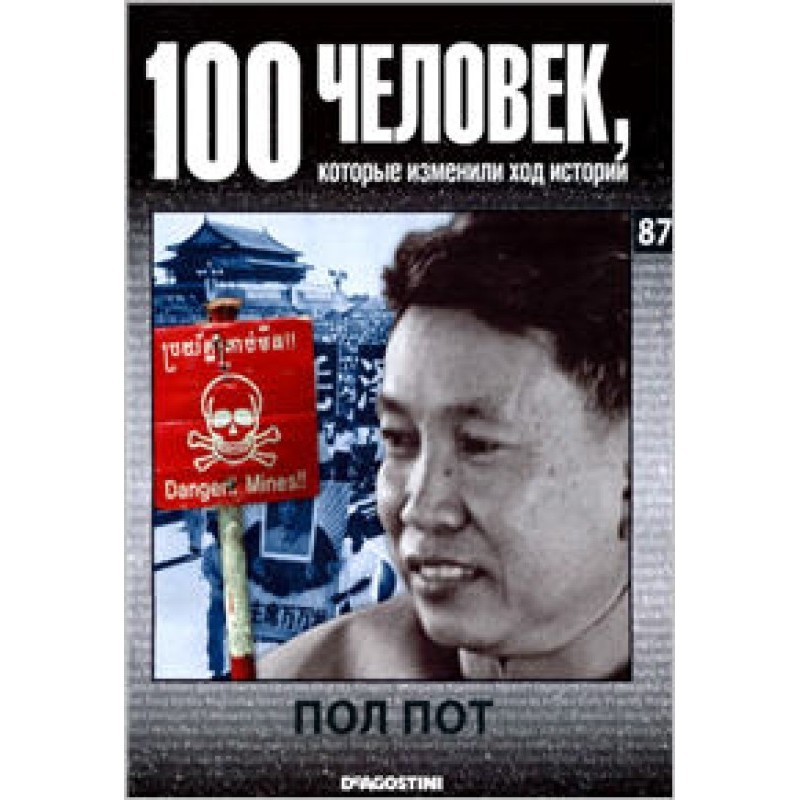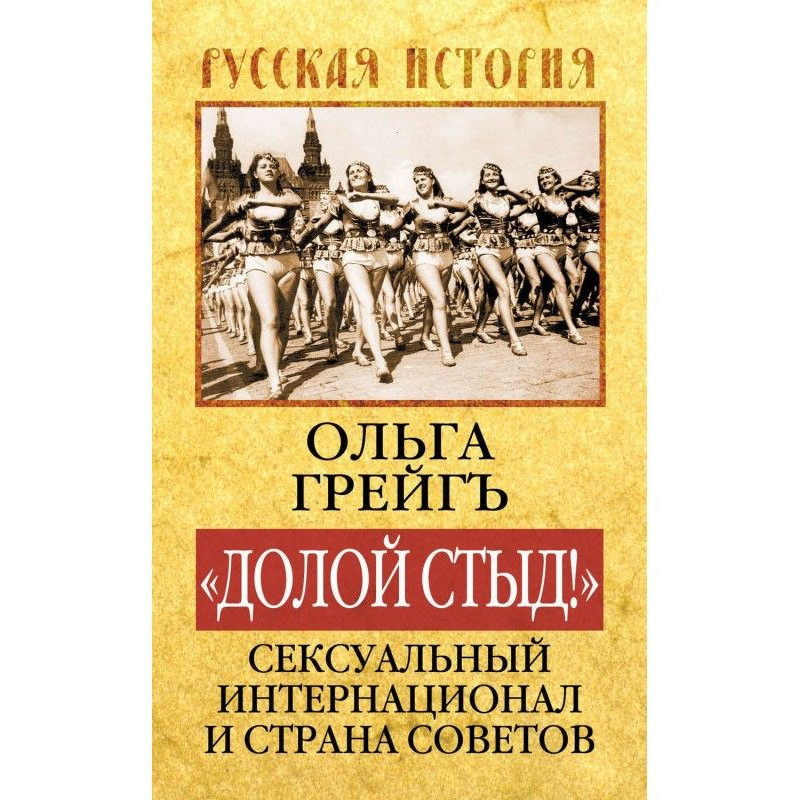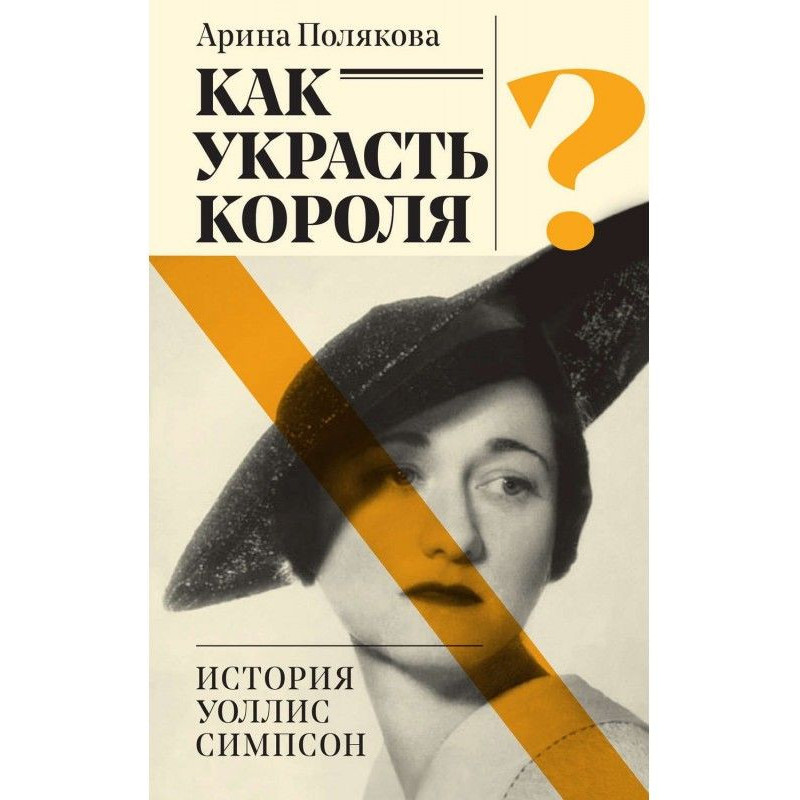Douglas MacArthur
 Instant download
Instant download
after payment (24/7)
 Wide range of formats
Wide range of formats
(for all gadgets)
 Full book
Full book
(including for Apple and Android)
Douglas MacArthur (1880-1964) is in many respects a very significant figure in American recent history. A successful general who went through all stages of his military career, a hero of two world wars, he had considerable political ambitions that remained unfulfilled. Meanwhile, if, by the will of fate, General MacArthur had managed to visit the top of the American pyramid of power, then the course of world history would certainly have been significantly different. From the point of view of the “hawks,” which included MacArthur, the strategic task of the United States after the end of the war was to use the military advantage it had acquired and establish a new world order with the unconditional hegemony of the United States. To do this, it was necessary to crush the communist regimes by force. Having become President of the United States, MacArthur would probably have been much tougher towards the Soviet Union and, at the slightest pretext, could have started a third world war. All this, fortunately, did not come true, and things did not go beyond MacArthur’s infamous memorandum with a proposal to launch a nuclear strike against the Chinese army advancing on South Korea. The attitude towards MacArthur even in his homeland remains ambiguous, but the general’s contribution to the formation of the modern world order cannot be underestimated . This concerns primarily his activities in the Philippines and Japan as a military adviser and head of the occupation administration. It turned out to be very effective: these countries are still the strongest pillars of the United States in East Asia and do not seek to escape the political and military control of the American “big brother.” It was Douglas MacArthur in the Philippines and then in Japan who practiced the political mechanism that was later called “neocolonialism.” “Leave to stay”: this American “know-how”, unlike the old colonial regimes that collapsed shortly after the end of World War II, provided for indirect rather than direct control of dependent countries. To achieve this, the Americans cultivated a layer of national comprador bourgeoisie, whose economic and political well-being directly depended on the strength of its ties with the United States. In the most backward countries, puppet governments were created, directly installed by the American intelligence services; in other cases, primarily economic methods were used, forcing national governments to follow the lead of American foreign policy. In both cases, this was accompanied by the persistent introduction of American popular culture and American ideas about democracy.
Data sheet
- Name of the Author
- Анастасия Жаркова Евгеньевна
- Language
- Russian
Reviews
Вражаюча біографія, яка змушує задуматися про історію
Книга про Дугласа Макартура є неймовірно захоплюючим дослідженням життя та кар'єри одного з найвпливовіших генералів XX століття. Автор вдало підкреслює суперечливість особистості Макартура, його військові досягнення та політичні амбіції, які, хоч і залишилися нереалізованими, все ж мали значний вплив на хід історії. Читаючи цю книгу, я був вражений тим, як Макартур, будучи героєм двох світових воєн, мав чітке бачення майбутнього США на світовій арені. Його стратегічні рішення, особливо в контексті Японії та Філіппін, демонструють, як військовий лідер може формувати політичні реалії. Автор також детально розглядає концепцію неоколоніалізму, що дозволяє глибше зрозуміти, як США утримували контроль над країнами, не застосовуючи пряму військову силу. Ця книга не тільки інформативна, але й спонукає до роздумів про моральні аспекти військової та політичної влади. Рекомендую всім, хто цікавиться історією, політикою та військовими стратегіями!

